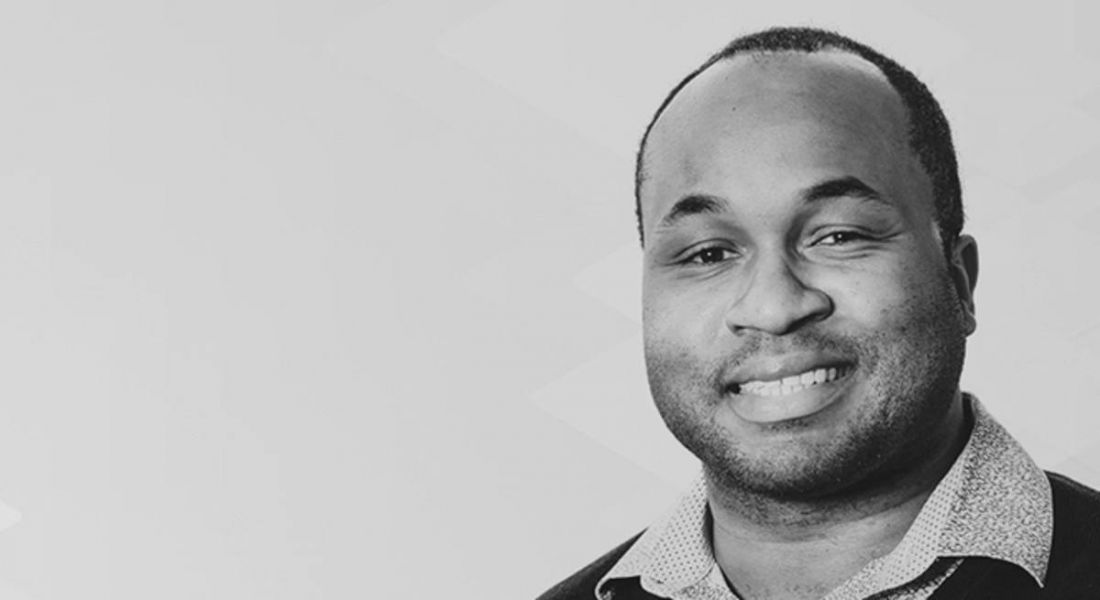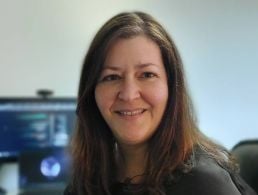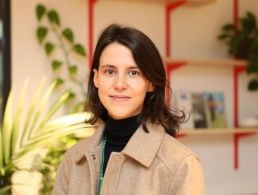Jason Dover of Kemp Technologies takes us through his career journey, from homeschooling to the world of product strategy.
What does it take to forge a career in fintech and product solutions? According to Jason Dover, “adaptability and mental elasticity” are key.
Now vice-president of product strategy at Kemp Technologies, Dover tells us what he loves about the role and why he’s certain he’ll never stop learning.
What first stirred your interest in a career in product strategy?
I’ve had an interest in science and technology for as long as I can remember. While I explored a number of potential career paths, I was continually drawn towards the technical arena. Early on, it was also starting to become clear that technology was going to ‘eat the world’ and being a part of it would provide a number of interesting and challenging development and education opportunities.
What kinds of experiences led you to the role you now have?
My path was a bit unorthodox. Most of my primary and secondary education was completed via homeschooling. While this has become a commonly adopted model today, it was less so when I was growing up, particularly in New York City.
However, this method was tailor-made for the way I learn, my insatiable curiosity and general impatience for getting to outcomes. The experience and guidance my parents provided enabled me to build the framework of fundamentally learning how to learn. Following that, I took a variety of technical training courses and acquired a number of computer and networking certifications.
Early in my career I consulted at Bank of America and Citigroup, followed by working for an MSP that provided IT services. The variety of networking environments that I supported provided a solid foundation for all of the next steps in my journey.
After a bit of time, I developed an interest in fintech and transitioned to roles at NYSE Euronext, Deutsche Bank and AllianceBernstein. One of the most interesting projects that I worked on was the directory, messaging and enterprise services integrations at NYSE during the acquisitions and mergers of LIFFE, AEMS, Amex and Euronext.
Initially at Kemp, I worked in sales engineering before transitioning to product. This, combined with my working in roles where I was a user of our technology, provided me with a significant customer empathy that’s served me well as my focus transitioned to architecting and crafting solutions.
What were the biggest surprises or challenges you encountered?
One of the biggest surprises that I learned early on was just how much so-called soft skills really matter. While technical knowledge gaps can be overcome with the right level of curiosity, understanding how to establish relationships, being adept at positively influencing others, and a consciousness that every interaction is a mini negotiation far outweighs most temporary gaps in technical insights.
The second surprise was the speed of change that the tech industry sustains and the fact that a learning mindset is the key to success. Without proactively being on the lookout for new opportunities to learn every single day, it’s very easy to get left behind.
Was there a person who was particularly influential as your career developed?
A cousin of mine that I always looked up to as an older brother made a very successful career finding niches within the IT landscape. His resourcefulness, raw talent and skilful management of multiple self-funded businesses all competing for his attention served as a real motivator for me. He was a sounding board and mentor as I encountered the early challenges of learning the ropes of a new career.
Since starting at Kemp just over eight years ago, co-founder and CSO Peter Melerud has played a pivotal role in my further career development. I’d unequivocally pin him as one of the most brilliant people that I’ve met in my life. He always finds a way to positively challenge and has a wealth of knowledge and experience that I’ve thoroughly benefited from and absorbed into my own inventory of mental models.
What do you enjoy about your job?
The best part of my work is having the chance to dream up concepts from nothing and leverage the flexible operating environment we’ve instrumented at Kemp to test, experiment and turn those concepts into tangible realities to deliver new customer value.
It’s both challenging and satisfying and has become one of my core criteria for success; if I’m not regularly doing this, then I’m not doing my job. Getting to work with a highly motivated and talented team is another aspect that I thoroughly enjoy.
What personality traits do you feel make you suited to a career in product strategy?
A common management acronym known as VUCA refers to a state of volatility, uncertainty, complexity and ambiguity. Working in product requires a comfort with this environment. The landscape that we work in is constantly changing and regardless of the frameworks put in place, it’s impossible to predict with 100pc accuracy what will be needed tomorrow.
The environments that customers operate in are also regularly increasing in complexity and, ultimately, the products and value that we deliver exist to help them address their business requirements and the needs of their customers.
To that end, successfully driving product innovation requires a clear grasp on that complexity along with a vision on how multilayered problems are interrelated. In a nutshell, comfort with and operating in the grey area, making bets when only partial information is available and being adaptable are all attributes that help with success in product functions.
Most people aren’t born with this set of skills – myself included – and it takes conscious and continual effort to develop and tune them. Ultimately, it’s adaptability and mental elasticity that enables the development of this skillset over time.
Did Kemp support you on your career path?
Kemp has always promoted a learning environment, including mentorship and coaching. Being paired with team members that have a variety of experiences relevant to my own certainly helped with my own career progressions.
Beyond that, training in areas I was interested in closing the gap on was always supported unreservedly. These factors were very helpful as I faced new challenges when taking on different projects.
What advice would you give to those considering a career in product strategy, or just starting out in one?
Read every single day, never stop learning and take the gems of insights that you gather from others and consumed content to build discrete mental models that you can leverage to solve problems you’ve never encountered and, perhaps, cannot even imagine.




